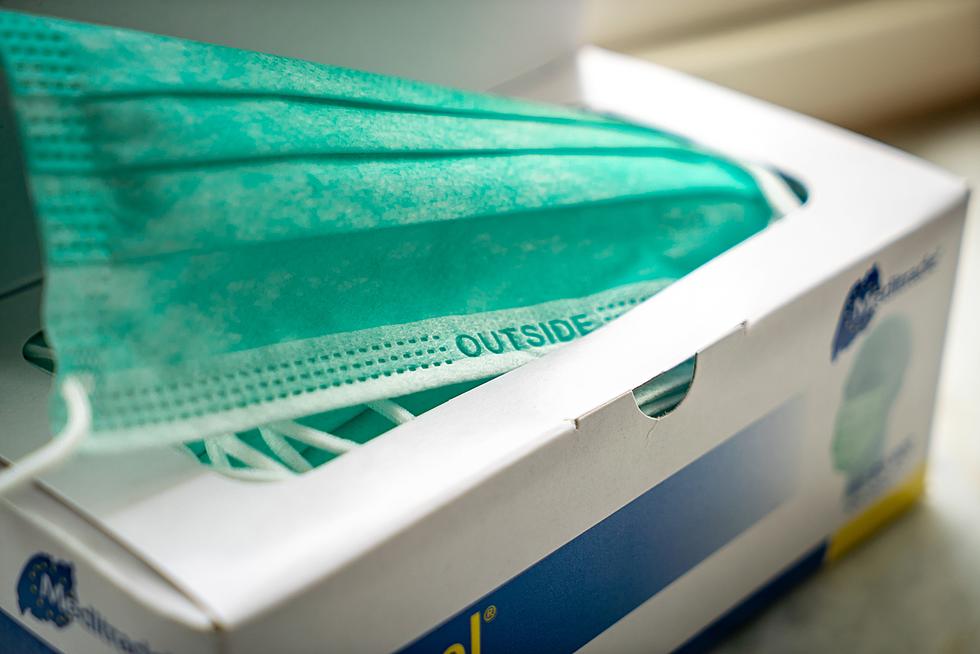
Look Out! Rabid Bats Are on the Move in Michigan
Dozens of bats have tested positive for rabies across Michigan this year - many of them concentrated in central and southern regions of the state.
You or your pets or livestock could be at risk, especially if your animals aren't vaccinated.

What Is Rabies?
According to the World Health Organization (WHO), rabies is a viral disease spread from animals to other animals and humans that causes progressive and fatal inflammation of the brain and spinal cord.
Vaccinations are the most effective way to prevent the spread of rabies, according to the WHO.
What Animals Can Get Rabies in Michigan?
While it's possible for almost any animal to be infected with rabies, it's usually bats and skunks that carry the disease in Michigan.
SEE ALSO: Is It Illegal to Kill Bats in Michigan?
During the first 9 months of 2023, more than three dozen rabid animals have been detected throughout the Mitten State, according the Michigan Department of Health and Human Services - with bats making up the vast majority of those cases.
What Parts of Michigan Have Rabid Bats?
Ingham County has reported the most rabid bats (5), followed by Bay County (4). Multiple bats carrying the rabies virus have been found in Barry, Clinton and Oakland Counties as well, with single cases reported in Berrien, Charlevoix, Gratiot, Kalkaska, Lenawee, Livingston, Saginaw, and St. Joseph Counties.
RELATED: How to Safely Remove Bats From Your Home in Michigan
In the Metro Detroit area, rabies is more often detected in skunks - Macomb County has reported 10 rabid skunks this year, with 3 in Wayne County and another in Oakland County. Oakland County has also reported one rabid cat.
What to Do If You Suspect A Rabid Bat Has Bitten You or Your Pet
Humans who are bitten should wash the affected area with soap and water, then flush the wound for at least 15 minutes, according to the WHO. It's recommended to put iodine on the wound (if available), but don't put any gauze or bandages over it. Seek health care immediately.
The MDHHS says "you cannot tell if an animal has rabies by looking at it, but animals with rabies may behave strangely or in ways you don't expect." The best thing you can do is confine the animal away from humans and other animals and contact animal control as soon as possible if you suspect the animal may have contracted rabies.
Animals in Which Rabies is Most Commonly Found
INTERESTING FACTS ABOUT BATS
More From 100.7 WITL









